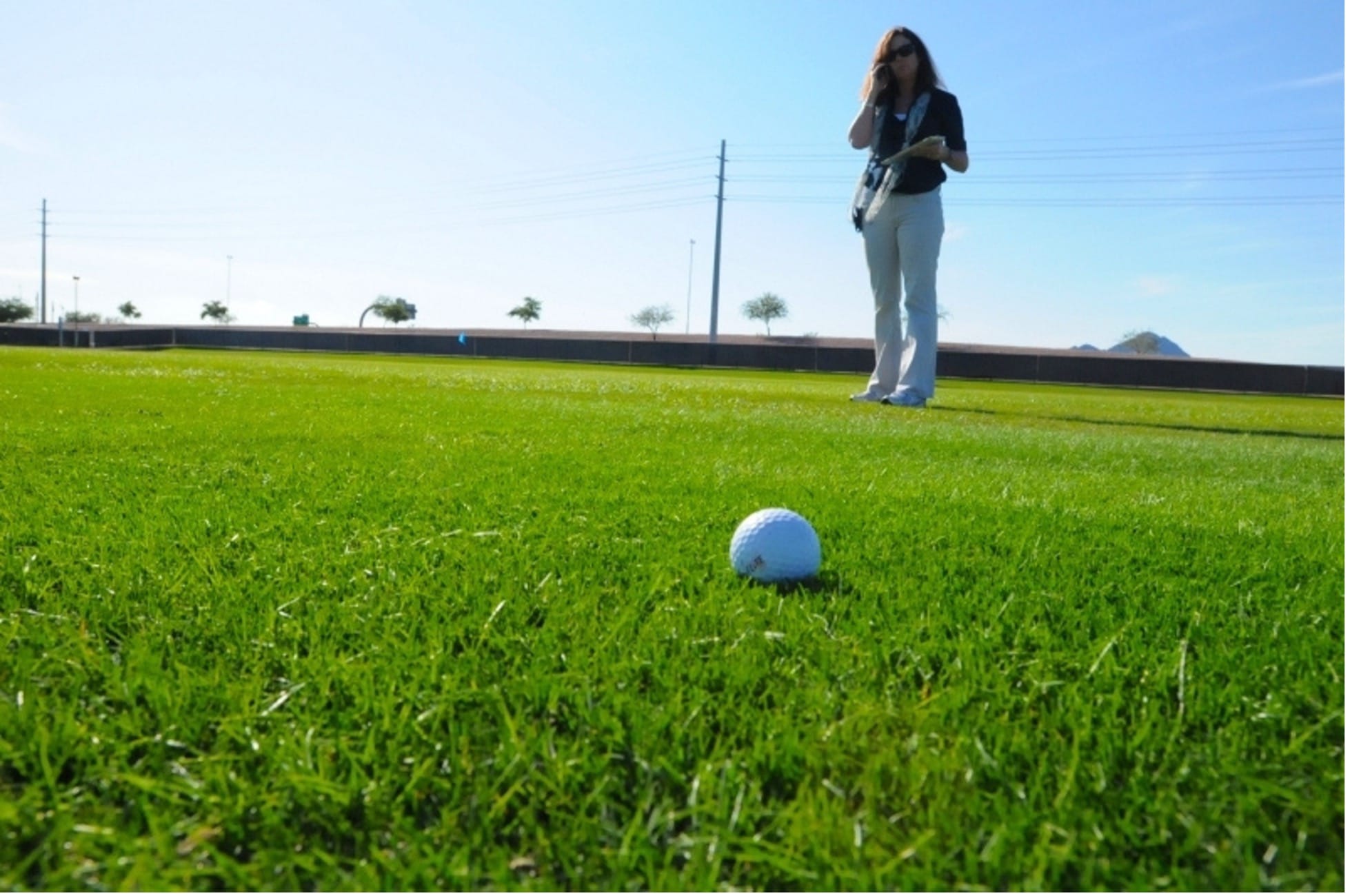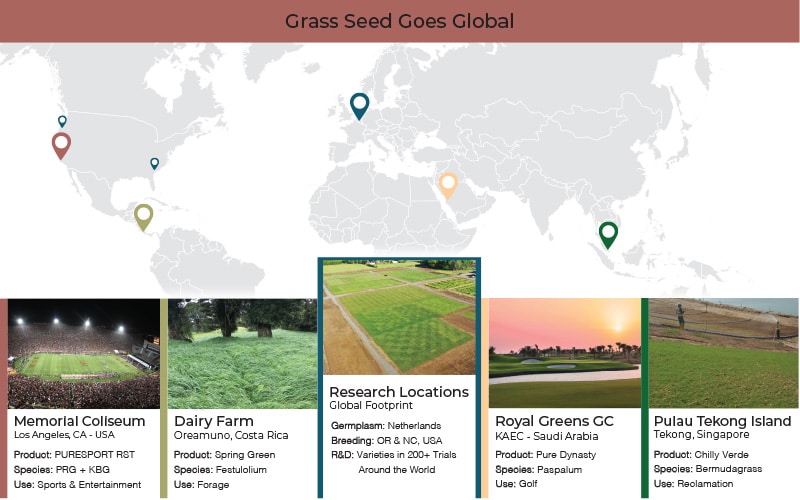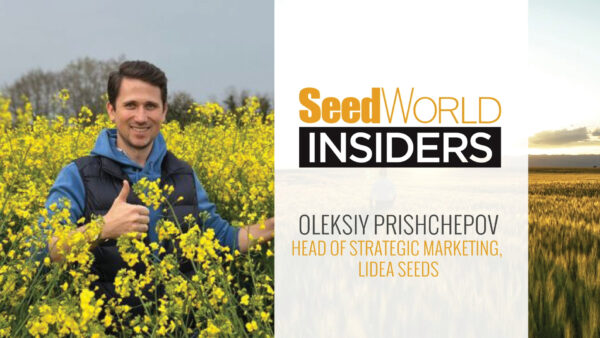Plant breeding was almost exclusively a man’s world in the mid-1980s, but Crystal Rose-Fricker didn’t let that intimidate her. Her father Bill Rose started Pure-Seed Testing research facility in 1974 where she has been involved in plant breeding since she was 13-years-old.
“I really like the science aspect and getting to work with God’s creation to understand how things work,” Rose-Fricker, who owns and operates Oregon-based Pure Seed with her siblings, says. “It’s exciting to see the science and the creation you’ve worked on come to fruition.”
When growing grass seed, you’re really looking for two things: good seed producers and good turf quality. The unfortunate reality is, typically when the variety is good at one of those attributes, it’s not good at the other. For example, if it has good turf density, it’s not a good seed yielder. Rose-Fricker, Dr. Melodee Fraser and Austin Fricker aim to change that — and add a few extra quality traits in the process.
Producing Quality Turf
Rose-Fricker and the entire team work to find solutions for grass varieties – whether it’s Kentucky Bluegrass, Tall Fescue or any of the other 20 species of grass they work with. It takes about 10 years to bring a variety to market.
“We work on quality traits like disease resistance, salinity resistance and drought tolerance,”
Rose-Fricker says. “A lot of breeders just assume the turf manager will apply a fungicide or irrigate — we develop varieties that require less inputs and give the turf manger flexibility. It doesn’t matter how great a seed’s viability or production is if it doesn’t create a turf product people want to buy. Rose-Fricker and her breeding team prioritize the following:
- Durability – cleats, walkers and other wear and tear can decimate turf, so it’s important to identify varieties that can handle a beating. PURESPORT Perennial Ryegrass blend is a specific brand from Pure Seed created to withstand the toughest traffic
- Shade tolerance – discolouration can damage the reputations of sports complexes and businesses. Pure Seed selects for excellent disease resistance which translates into shade tolerance.
- Colour – green grass is the universal symbol of a healthy lawn or field. The shade of green the variety displays can have a direct effect on the overall appearance of the stand.
- Density – patchy stands kill the overall appeal of a lawn or field. Tillering and spreading of each variety is critical to achieve a beautiful stand.
- Water Quality – Poor quality water can limit where grasses are used. What would happen if you could apply effluent water directly to a field Pure-Seed Testing provides that opportunity with Perennial Ryegrass, Forages, Kentucky Bluegrass, Tall Fescue, Seashore Paspalum and other species that can survive where most grasses cannot.
- Early vigour – a good start leads to a good stand. Pure Seed closely examines spring green up and vigour to weed out the weakest varieties. Quick germination and tillering has set apart Kentucky Bluegrass variety, Jumpstart.
“When we evaluate our varieties, we look at every trait and every data point we’ve gathered to index and rank potential new products,” she says. “Only the very best in every category make the cut.”
Breeding For Reliability
You want to have access to high-quality seed when you need it. The Pure-Seed Testing team use a combination of traditional breeding techniques and molecular markers to find the highest performers.
Each year they test thousands of experimental varieties across dozens of geographies. Every variety is tested for a minimum of five years before they move toward commercialization. All in all, fewer than 10% of the varieties make it to commercialization.
“We spend more than $2 million USD (about 1.7 million Euro) per year on research,” Rose- Fricker adds. “We’ve spent more than $40 million USD (about 34 million Euro) to make sure we’re providing the best grasses to our customers.”
Pure Seed’s dedication to research and new products means good turf and reliable seed production is possible.
Fast Facts
- More than 1 billion pounds of PST varieties produced
- 34 million Euros spent on R&D
- 55+ years of R&D
- 57 EU listed commercial varieties
- More than 300 total commercial varieties
- Annual sales in 50+ countries














